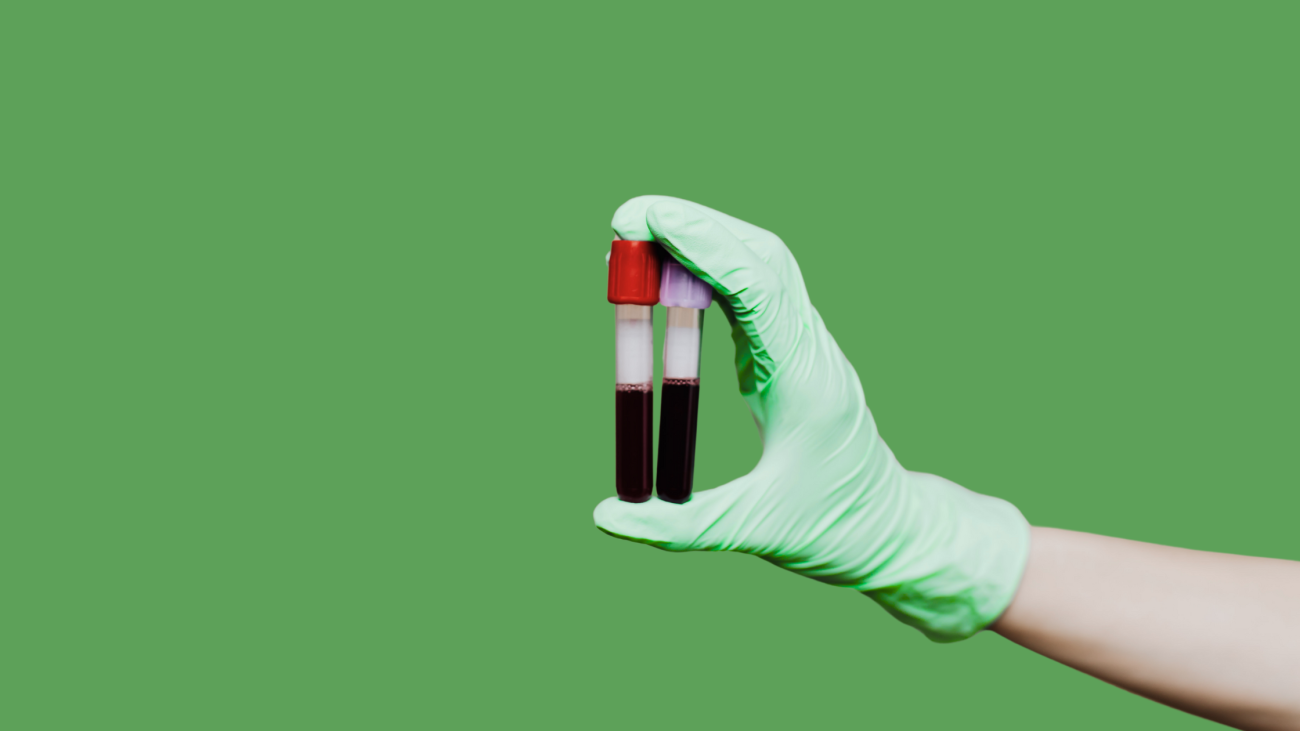Routine blood screening is the most effective method of tracking your general health and detecting possible problems when they are not yet fully developed. Most diseases and conditions, including diabetes, heart disease, and vitamin deficiencies, are not diagnosed until they are fully developed. Adding regular blood tests to your health routine enables you to take care of yourself in advance and make sensible decisions regarding your way of life, nutrition, and disease treatment.
Interpreting Blood Tests
Blood tests are an excellent source of health data on various items. Blood tests check key markers that help to ascertain organ function, nutritional levels, and health risk. Among the most common blood test-ups are:
Complete Blood Count (CBC) – Checks for general wellness, infection, anemia, and immune disorders.
Lipid Profile – Checks cholesterol and triglyceride levels, categorizing heart disease risk.
Blood Glucose Tests (Glucose & HbA1c) – Assist in the diagnosis and control of diabetes.
Liver Function Tests (LFTs) – Assess liver function by measuring enzymes.
Kidney Function Tests (KFTs) – Test kidney function by measuring creatinine and urea.
Thyroid Panel – Tests thyroid energy and metabolism imbalances.
Vitamin & Mineral Levels – Tests Vitamin D, B12, Iron, and others. The frequency of these tests should be determined based on age, medical history, and lifestyle. It is wise to speak with your physician to determine how frequently you need to be tested. Regular medical check-ups and preventive blood tests will enable you to identify diseases early and treat them.
The Role of Blood Tests in the Early Detection of Diseases
Any serious medical disease takes years to develop. Now and then, blood tests find disease in the initial stage to allow treatment in time. Preventive treatment by blood tests is strictly necessary in some of the following areas:
1. Cardiovascular Wellness
High lipid and cholesterol levels make you susceptible to cardiovascular diseases and stroke. A regular lipid profile test may encourage you to take preventive measures.
2. Diabetes & Metabolic Disorders
HbA1c and blood glucose tests identify diabetes or prediabetes early so that they may be managed by diet, exercise, and medication.
3. Liver and Kidney Function
Liver and kidney disease is usually not diagnosed until severe symptoms appear. Blood work regularly provides regular monitoring of the organs and detection before difficulties arise.
4. Thyroid Disorders
Thyroid disease may cause weight gain, tiredness, mood swings, and metabolic syndrome. A thyroid function test prevents delayed diagnosis and treatment.
5. Nutritional Deficiencies
Iron deficiency anemia, Vitamin B12 deficiency, and Vitamin D deficiency are prevalent but easily treated with appropriate testing and supplementation.
6. Cancer Markers
Some blood test check-ups, including PSA (Prostate-Specific Antigen) and CA-125, help detect cancer early, enhancing treatment.
How Blood Tests Guide Personalized Medicine
Not only do blood tests diagnose disease, but they also maximize your health. By monitoring over time, doctors can:
- Prescribe diet and lifestyle changes
- Personalize medications for chronic disease
- Detect potential health dangers before they become symptomatic
- Individualize treatment regimens based on your unique needs
The Relationship Between Blood Tests and Overall Health
Your blood tests can speak to your body much more than disease. For example:
- Fitness & Weight Management – Regular glucose, cholesterol, and thyroid tests will help create an efficient fitness regimen.
- Stress & Mental Health – Cortisol and inflammatory markers can identify stress states.
- Hormonal Balance – The levels of hormones influence sleep patterns, energy levels, and mood.
Regular monitoring of these parameters through regular blood tests will assist you in making healthy adjustments towards your life in a positive and proactive way.
Myths and Misconceptions regarding Blood Tests
As much as they are helpful, there are several myths surrounding frequent blood tests.Some of the myths are:
“I’m fine, so I don’t need blood test check-ups.”
Most illnesses come about suddenly; it is the earlier detection that matters.
“Blood tests are reserved for the sick only.”
Preventative tests make one remain healthy rather than being used for diagnosis.
“A single blood test will certainly detect an illness.” Ongoing testing gives additional information regarding one’s health status.
When and How to Get Regular Blood Tests
To gain most benefit from routine blood tests:
- Schedule tests in relation to age, risk, and family background.
- Adhere to fasting when necessary for true results.
- Present your doctor with results to read and follow up on.
- Select a good medical practitioner for early and correct reports.
Conclusion
Routine screening of blood is a vital part of preventive medicine, providing considerate feedback that patients can apply to make well-informed choices about their own lives. Proper identification and timely treatment have the potential to make severe illnesses a thing of the past, improve the quality of life, and boost health in general.
We have a comprehensive approach to healthcare at GVK Health Hub. Our state-of-the-art diagnostics, seasoned medical advice, and focus on overall wellness provide us with confidence that you receive accurate, timely, and personalised health information. From managing chronic diseases to being proactive, GVK Health Hub is your well-informed partner to optimum well-being.

